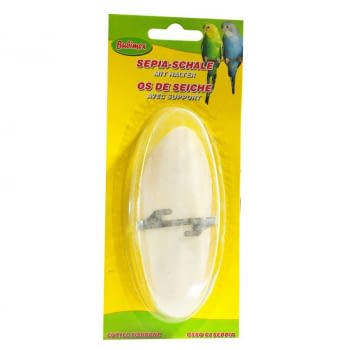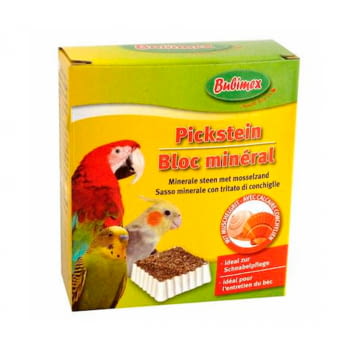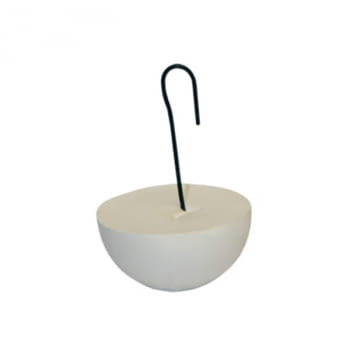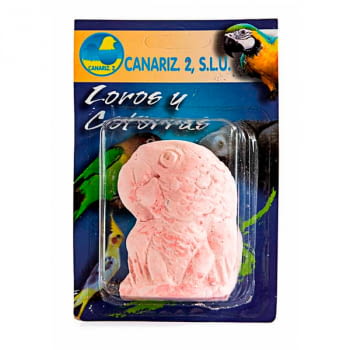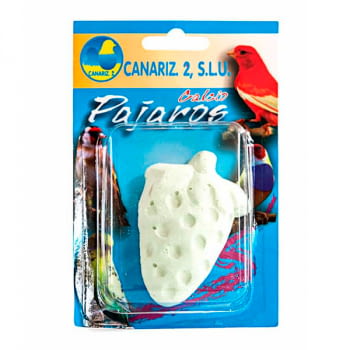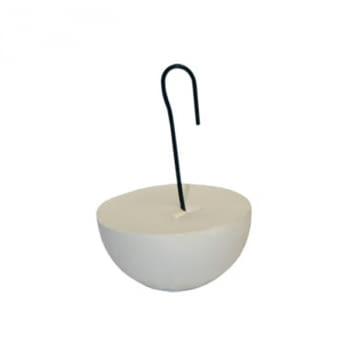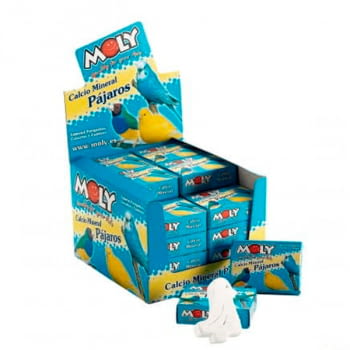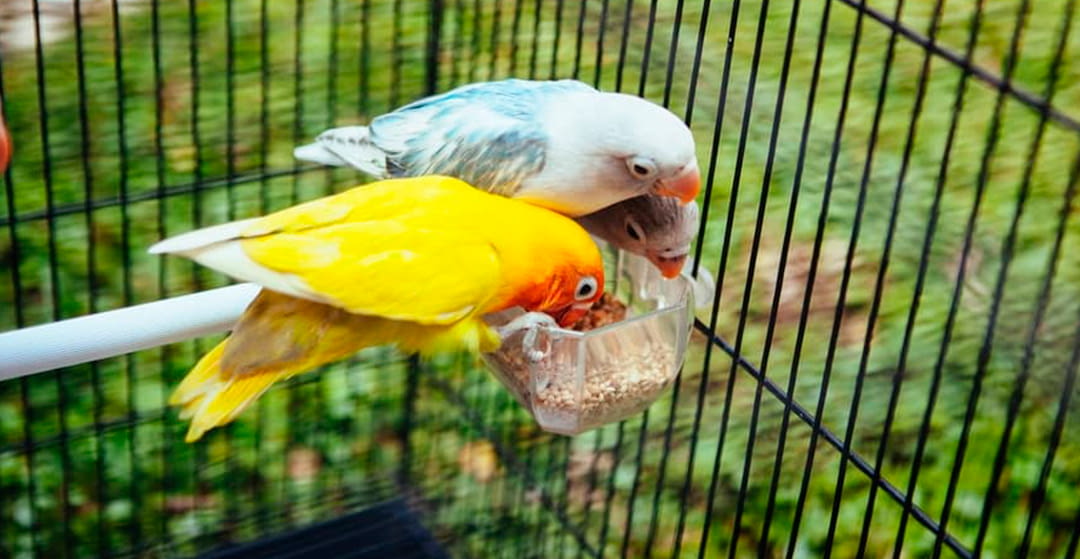
Just like it happens with us humans, birds spend times of the year in which they need more energy than normal, which is why they demand vitamin supplementation so as not to fall ill or present any deficit.
This occurs especially in the breeding and moulting seasons. However, we must ensure that our bird enjoys a good balanced diet throughout the year, including fruits and vegetables, as well as seeds and grains.
MOST IMPORTANT VITAMINS FOR BIRDS AND THEIR BENEFITS:
VITAMIN A: It is essential for skin health, feather growth, vision and maintenance of the immune system. In addition, it contributes to the proper development of the respiratory and gastrointestinal tract.
VITAMIN D: Helps the absorption of calcium and phosphorus in the intestine, which is essential for the development and strength of the bones and feathers of birds. It is also related to muscle function and the immune system.
VITAMIN E: Acts as an antioxidant and protects cells from damage caused by free radicals. It also plays an important role in reproduction and neuromuscular function.
VITAMIN K: Essential for blood clotting and also plays a role in bone metabolism and liver health.
VITAMIN C: Although birds can synthesize their own vitamin C in adequate amounts, in situations of stress or illness, it may be necessary to provide additional supplements to support their immune systems.
B-COMPLEX VITAMINS (B1, B2, B3, B5, B6, B7, B9, B12): These vitamins are essential for energy metabolism, nerve function, red blood cell production, and maintenance of nervous system health and the skin.
It is important to note that vitamin needs vary among different bird species, and the amounts required may change depending on the life stage or specific conditions of the bird. Therefore, it is essential to provide a balanced diet and, if necessary, consult a veterinarian specialized in birds to determine if vitamin supplements are needed.
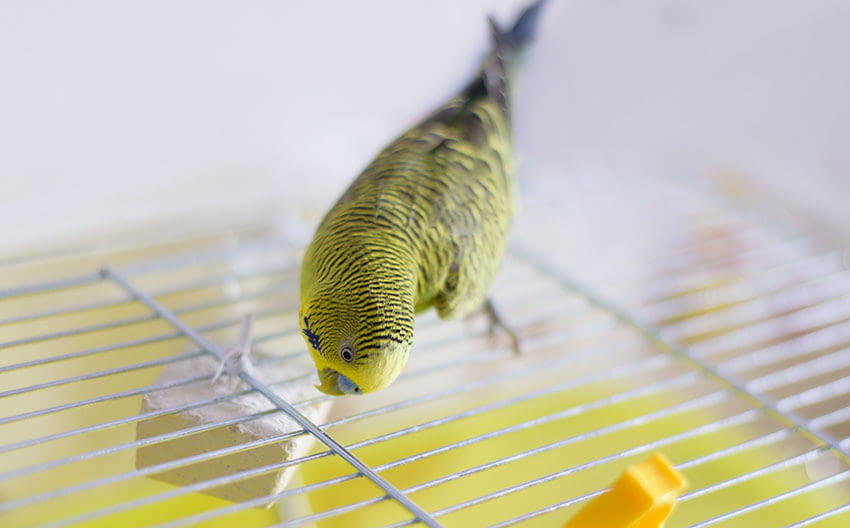
MOST IMPORTANT MINERALS FOR BIRDS AND THEIR BENEFITS
Minerals should be present in the daily diet of our birds, especially in the growth of the young.
These are fundamental for the performance of functions as important as the correct metabolic development, the growth and replacement of tissues, the regulation of blood pressure, the regulation of pH, the transport of oxygen, the production of red blood cells and hemoglobin, the protection against certain parasites, and in general the functioning of the glands and internal organs.
CALCIUM: It is crucial for the formation and maintenance of bones, feathers and eggs. Birds need an adequate supply of calcium, especially during the breeding season, to prevent problems with weak bones and for proper muscle and nerve function.
PHOSPHORUS: Along with calcium, phosphorus is essential for bone health and tissue development. An adequate relationship between calcium and phosphorus in the diet is important to ensure optimal absorption of both minerals.
IRON: It is essential for the formation of hemoglobin in red blood cells, which allows the transport of oxygen through the body of birds. An iron deficiency can lead to anemia problems.
IODINE: It is necessary for the production of thyroid hormones, which regulate metabolism and growth. An iodine deficiency can affect the proper development of birds.
ZINC: It is essential for growth, reproduction and proper immune function. It also participates in the formation of feathers and the health of the skin.
MAGNESIUM: Helps in the activation of enzymes and is important for nerve transmission and muscle function.
SELENIUM: It is an essential antioxidant to protect cells from damage caused by free radicals. It also plays an important role in the function of the immune system.
MANGANESE: It is necessary for the formation of bones and cartilage, as well as for the metabolism of proteins and fats.
As with vitamins, it is crucial to provide a balanced and varied diet that contains the necessary minerals to meet the specific needs of different bird species.
In some cases, it may be necessary to supplement the diet with additional minerals, but it is advisable to do so under the supervision of an avian veterinarian to avoid nutritional imbalances.
Regular veterinary care and a proper diet are essential to keep birds healthy and prevent health problems related to vitamin and mineral deficiencies.




